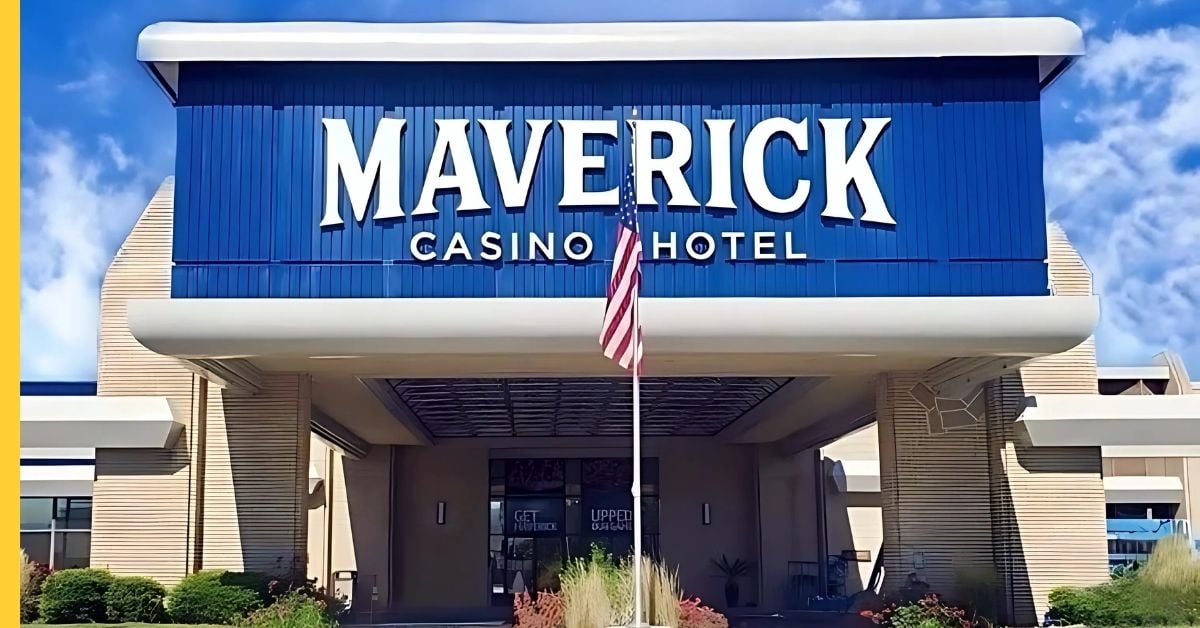
Maverick Gaming filed for bankruptcy yesterday (14 July) after a series of costly acquisitions and a failed tribal gaming challenge.
The Washington State-based casino and cardroom operator filed for Chapter 11 Bankruptcy Protection on Monday in the US Bankruptcy Court for the Southern District of Texas.
In publicly available filings, Maverick said both its total liabilities and assets were in the range of $100m to $500m.
The business owns 17 card rooms in Washington, as well as several casinos and hotels in Nevada and Colorado, with court documents stating this amounts to roughly 2,500 slot machines, 320 table games, 1,200 hotel rooms and 30 restaurants.
The bankruptcy filing follows a series of acquisitions under its CEO and co-founder Eric Persson, which drew criticism from S&P Global Ratings as leaving the business vulnerable.
In a June 2024 note, the credit rating agency said: “We view Maverick Gaming’s capital structure as unsustainable because its fixed charges, including interest, rent, and maintenance capital expenditures (capex) and lease expenses, are too high relative to forecasted EBITDA in the near term.
“We expect the company will burn cash through 2024 despite various cost and capex reductions because it remains burdened by very high interest expense given its high debt balances and floating rate capital structure in the current high interest rate environment. This leaves no room for operating missteps or unexpected headwinds.”
The company’s management structure was also signalled out for criticism, with the lack of an independent board and Persson’s dual role as majority owner and CEO highlighted as negative credit risk factors.
The company’s weak liquidity was also highlighted as straining its ability to invest in its business assets and marketing spend.
This came as Maverick faced an inherent disadvantage in the Washington cardroom market, as tribally-owned properties were not required to pay gaming tax and, as well as offering slot machines and sports betting, had higher table wager limits.
In 2023, Washington lawmakers increased the non-tribally owned cardroom limits from $300 to $400 dollars.
While the operator had attempted to challenge the tribe’s sports betting exclusivity, the case was tossed from the Ninth Circuit last December.